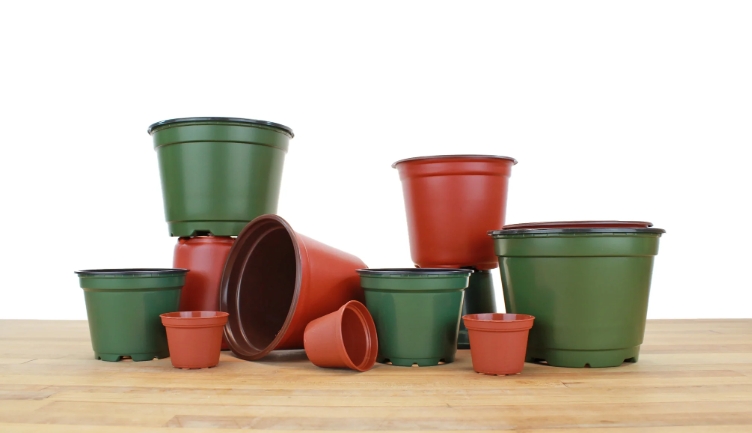Plastic flower pots may seem convenient, but they come with a significant downside: their negative impact on the environment and sustainability.
1. Non-Biodegradable Nature
Plastic flower pots are made from petroleum-based materials that do not break down easily in the environment. This means that once they are discarded, they can linger in landfills for hundreds of years, contributing to pollution and taking up valuable space.
2. Release of Harmful Chemicals
Plastic flower pots contain chemicals such as phthalates and bisphenol A (BPA) that can leach into the soil over time. These chemicals can be harmful to plants, animals, and humans, posing a risk to both the ecosystem and public health.
3. Energy Intensive Production
The manufacturing process of plastic flower pots requires a significant amount of energy, contributing to greenhouse gas emissions and climate change. This unsustainable production process further exacerbates the environmental impact of plastic pots.
4. Limited Reusability
While plastic flower pots can be reused multiple times, they eventually break down and become unusable. Unlike biodegradable pots made from materials such as clay or coconut coir, plastic pots do not easily decompose or return to the earth, creating long-lasting waste.
5. Lack of Circular Economy
Plastic flower pots are often not recycled properly, mainly ending up in landfills or being incinerated. This lack of a circular economy approach means that valuable resources are not being recovered and reused efficiently, perpetuating the negative impact on the environment.
6. Sustainable Alternatives
To reduce the environmental impact of plastic flower pots, consider using sustainable alternatives such as biodegradable pots made from natural materials like bamboo, rice hulls, or recycled paper. These options are eco-friendly and can decompose naturally, minimizing waste and promoting sustainability.
In conclusion, while plastic flower pots may offer convenience and affordability, their negative impact on the environment and sustainability cannot be ignored. By choosing more eco-friendly alternatives, gardeners can contribute to a greener and more sustainable future for our planet.
